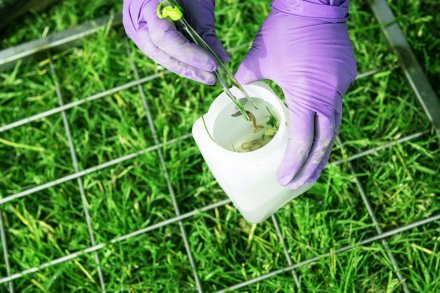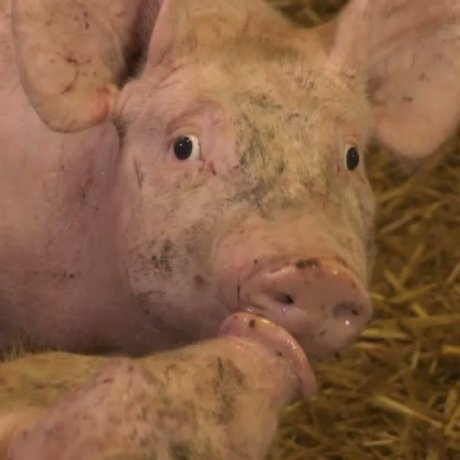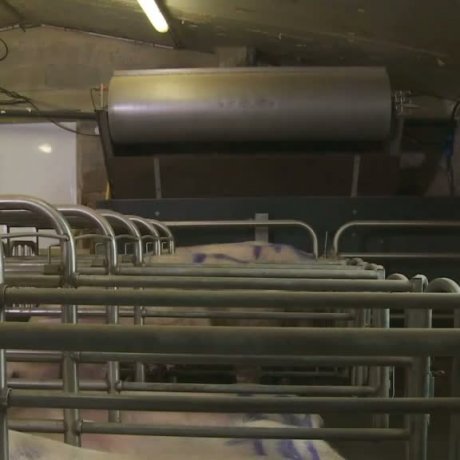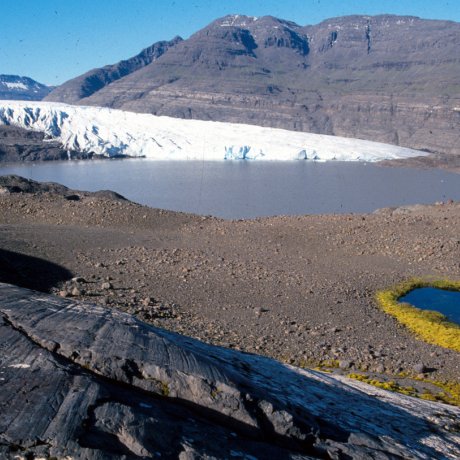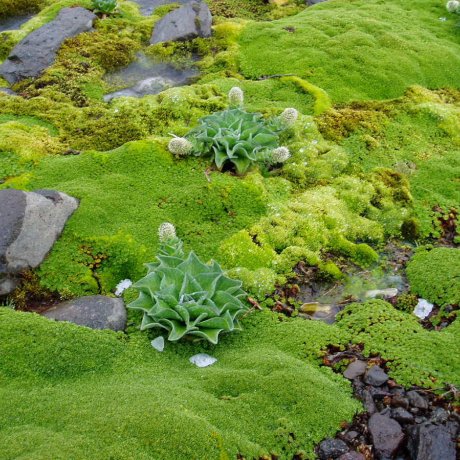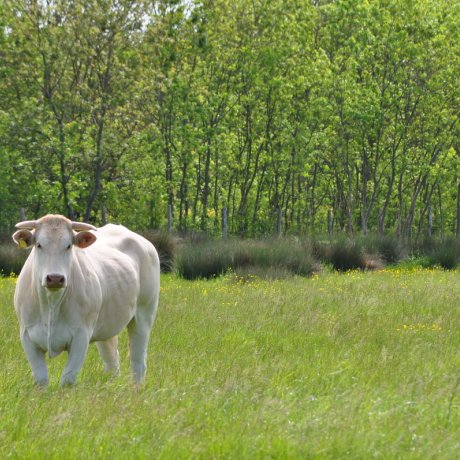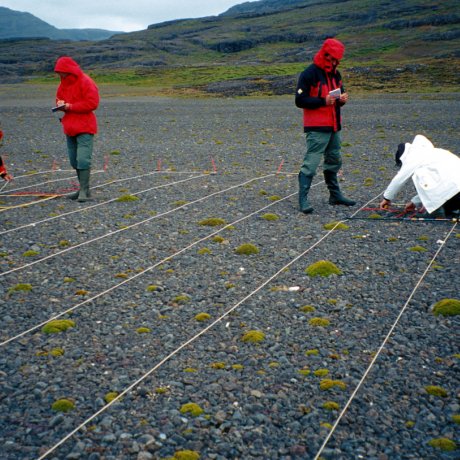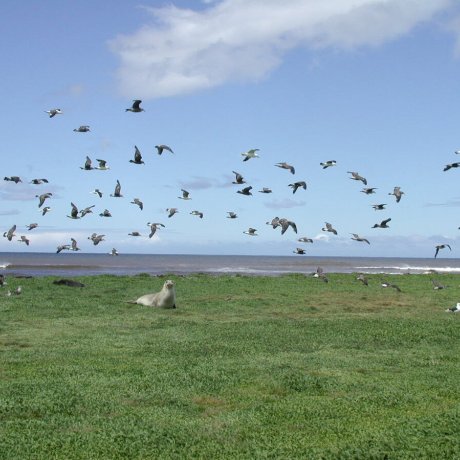Ecobio laboratory: ecosystems, biodiversity, evolution laboratory covers all the range of research on ecology
evolutionary ecology, behavioral ecology, community ecology, functional ecology, landscape ecology.
This CNRS and Rennes University 1 laboratory is located in Brittany. Its main research aims to analyse biodiversity dynamics and the functioning of the continental ecosystems facing the global changes (climate, land use) in a perspective of sustainable development (sober mangement of the natural resources, conservation).
The mechanisms liking structure and ecosystems functions are in the center of Ecobio research works on the biodiveristy maintenance, on material transfers, on constraints adaptations and on the optimization of ecosystemic serivces. The ecological and evolutionary consequences of the changes in progress, such as environmental contaminations, invasive species, artificialization of environments, decline of biodiersity, are studied from gene to landscape in taking into account human activites as an organizational factor.
The dynamics of the pressures on the ecosystems and the reponses of these ecosystems are studied through long term observations. The observation and experimental grounds on which Ecobio researchers are investigating extend from the basement of the workshop area of Armorique to the islands of French southern lands (Crozet, Kerguelen and Amsterdam Islands). Moreover, we can add two more investigating areas : Congo and Maghreb where two populations of primates (gorillas and apes) are threatened with extinction.
The laboratory possesses 4 state-of-the-art technical platforms: experimental ecology, chemical ecology, molecular ecology and in data processing. As a founding member of the Universe Science Observatory of Rennes (OSUR), its contibution enables Ecobio lab to strengthen its interdisciplinarity researches in order to ensure a better understanding of the continental complex ecosystems and their interfaces to anticipate their evolution.
The growing anthropization, the climate deregulation and the collapse of biodiversity will continue to be at the center [in the heart] of the social and environmental concerns. To meet these challenges, ECOBIO wants to mobilize in the future, all its skills, to find out solutions to halt the decline of biodiversity (in blue and green wefts), to understand the impacts and transfers of contaminants, as well as optimize the ecosystems services in agricultural and urban areas.
The laboratory researches on adaptations to climate change will be strengthened to face the challenges of ecological transition.
Aphid collection in Domagné
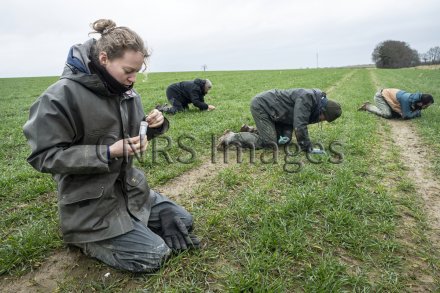
© Jean-Claude MOSCHETTI / ECOBIO / CNRS Images
Sampling of earthworms
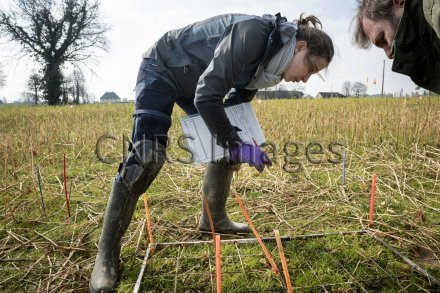
© Jean-Claude MOSCHETTI / ECOBIO / CNRS Images
Setting up a Malaise trap
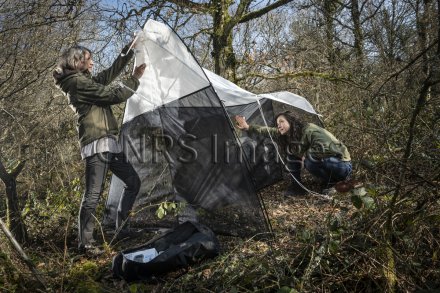
© Jean-Claude MOSCHETTI / ECOBIO / CNRS Images
